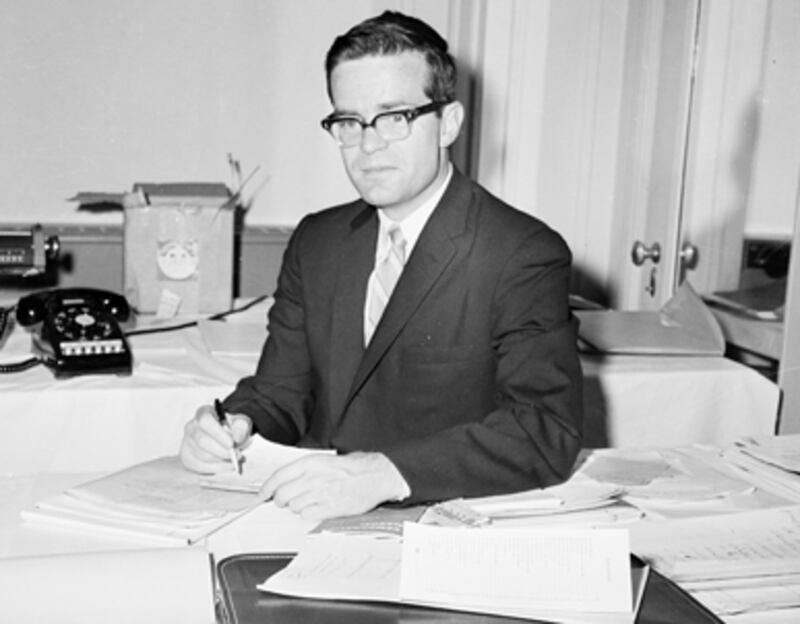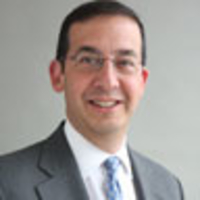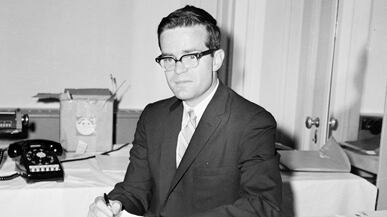The front page of the New York Times on Sunday, the day Theodore Sorensen died, noted that the President of the United States is suffering politically from charges of “elitism.” Quite apart from his admiration of Barack Obama—whom he considered the most promising leader since JFK—Ted Sorensen, his longtime adviser, would have rejected such accusations. But much more important, and more enduring one hopes, Sorensen embodied a time, and an approach to politics, in which what today is sometimes and in some places dismissed as elitism was considered erudition, intelligence, and excellence.

It was my great privilege, in 2003 and 2004, to conduct interviews in which Sorensen, for the first time, answered detailed questions about the making of John F. Kennedy’s inaugural address—the words for which Sorensen, and indeed Kennedy himself, will be best remembered. Those interviews formed the backbone of a book; Sorensen elaborated a bit in his own 2008 memoir, Counselor, but he never qualified or backed away from any of the specifics he had so generously shared with me.
For Americans of a certain age, these words, even in our cynical time, yield a shiver of nostalgia, but also of purpose.
What those specifics demonstrated was that Kennedy’s speech—certainly the greatest presidential address of the last 75 years, perhaps the greatest since Gettysburg, drew proudly on the full range of knowledge of two very knowledgeable men, and also unstintingly on the talents of other brilliant figures in their circle.
Today, presidents and presidents-elect may seek suggestions for speeches on a pro forma basis, mostly, it seems, to flatter those who are asked. But Sorensen and Kennedy sought drafts from such leading figures as Adlai Stevenson and John Kenneth Galbraith—and then actually used what they received. From Stevenson came the declaration that “If a free society cannot help the many who are poor, it cannot save the few who are rich.” From Galbraith, drawing on Winston Churchill’s dictum that “we arm to parley” came “Let us never negotiate out of fear. But let us never fear to negotiate.” (From the first moment, the rarely modest Galbraith let it be known that he considered this the high point of the speech.) And from Galbraith as well, likely along with Arthur Schlesinger, Jr., came the prophetic statement that the work would not be done “in the first one thousand days, nor in the life of this Administration, nor even perhaps in our lifetime on this planet.”
Other sources ranged from Strunk & White to Woodrow Wilson to Abraham Lincoln to then-recent scholarship by professor Albert Wohlstetter and General Maxwell Taylor to a limerick Sorensen recalled. Sorensen, whose mother had been Jewish, solicited an Old Testament quote from a Washington rabbi; Kennedy sought New Testament contributions from Billy Graham.
But the most famous words in the speech were almost certainly the handiwork of Ted Sorensen. Justice Oliver Wendell Holmes and President Warren Harding had toyed with similar thoughts, but Sorensen crafted the thought into a jewel. At Jacqueline Kennedy’s request, he later destroyed his first draft of the speech. But the earliest surviving draft, his work for the president-elect, begins its peroration with the words, “So ask not what your country is going to do for you. Ask what you can do for your country.”
• Mark Katz: The Man Behind JFK’s Best LinesFor Americans of a certain age, these words, even in our cynical time, yield a shiver of nostalgia, but also of purpose. The Kennedy-Sorensen inaugural memorably drew on Hamlet to begin by heralding a generational change—“let the word go forth… that the torch has been passed to a new generation of Americans.” In 1961, the Times even considered this passage, not the one we all better recall today, as the “quotation of the day.”
The last of Joe and Rose Kennedy’s sons, of course, died last year, having lived, alone among four brothers, a long life. Now Ted Sorensen, who served three of those brothers, is gone as well, after a life lived eloquently and, especially after a stroke deprived him of much of his eyesight nine years ago, bravely. The generation “born in [the last] century, tempered by war, disciplined by a hard and bitter peace” is passing.
But their commitment to the power of words, and to the beauty and force of well-crafted and well-articulated ideas, proudly announced, and thoughtfully supported, is not the sort of tradition we should aspire to outgrow. If this be elitism, we need more of it.
Richard J. Tofel is general manager of ProPublica, the Pulitzer Prize-winning nonprofit devoted to investigative reporting in the public interest, and author of Sounding the Trumpet: The Making of John F. Kennedy’s Inaugural Address.





